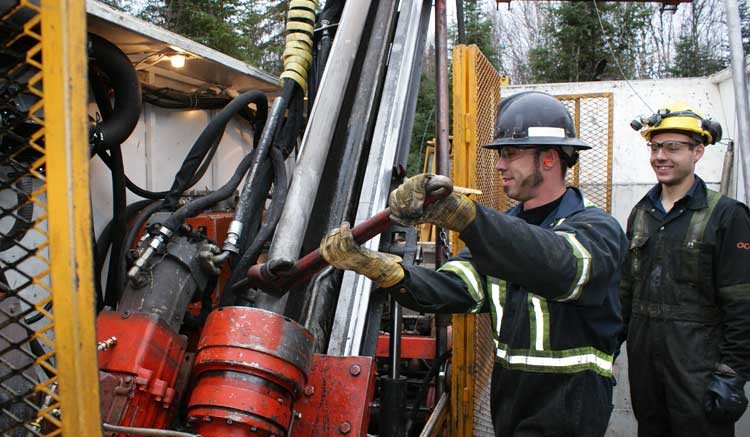Canada Lithium (CLQ-T) is closing in on adding Canadian hard-rock production to the lithium market, although it is taking slightly longer than expected.
Commercial production at its Québec Lithium Project near Val d’Or, Quebec, was originally scheduled for the end of March. And while it says wet commissioning and initial tests of the major hydrometallurgical plant circuits have been completed, it will still be under the gun to have things running by the end of April to meet its first shipment.
The delay has to do with the operation of the kiln, which upgrades the lithium bearing spodumene. The kiln is now being operated intermittently at medium operating temperatures for mechanical testing.
For the kiln to be fully commissioned, a final inspection by officials from the Canadian standards association is needed. Those officials are scheduled to be on-site early next week.
The kiln is part of the hydrometallurgical circuit, or the “back end” of the processing facility. Commissioning of the plant’s “front end,” which includes the crushing, grinding and flotation circuits, is also ongoing.
As part of the process the plant produced spodumene over the first three months of the year and in March 32,000 tonnes of ore was mined at a head grade of 0.95%, which is slightly better than the mineral reserve grade of 0.94%.
The company also says 400,000 tonnes of waste rock went into the completing stage at the tailings management facility. Last week it announced positive results from a water discharge test at the tailings facility, as the test showed metal levels were within acceptable levels of discharge into the environment.
That success was key and clears the way for Canada Lithium to push towards meeting its first carbonate shipments to China in late April. That initial shipment will be less than anticipated, however, as commissioning tonnages build.
The company has signed off-takes agreements with Tewoo-ERDC, one of China’s largest commodities traders and Marubeni, a Japanese commodities trading company. The five-year off-take deal with Tewoo calls for a minimum of 12,000 tonnes of lithium carbonate per year while Marubeni is set to receive 5,000 tonnes per year.
A full ramp-up to a production rate of 20,000 tonnes of battery-grade lithium carbonate per year is expected to be reached in the fourth quarter of this year. That level of production would be enough to account for roughly 12% of the world’s lithium carbonate supply.
While many industry onlookers have questioned the economics of hard rock lithium mines relative to lower cost brine producers in South America, Canada Lithium expects cash costs to be under US$2,500 per tonne, which would place it in the lower half of the cost curve amongst current producers.
Of current key producers, only the lithium rich brines from the Salar de Atacama in Chile have lower production costs than what Canada Lithium is anticipating. By way of comparison, Talison Lithium’s (TLH-T) Tianqui hard rock mine in Australia has costs in the US$4,000 per tonne range.
The Quebec Lithium deposit being mined by Canada Lithium is made up of a series of spodumene pegmatite dykes and has proven and probable reserves of 17.1 million tonnes with an average grade of 0.94% lithium.


Be the first to comment on "Canada Lithium pushing to make first shipment"